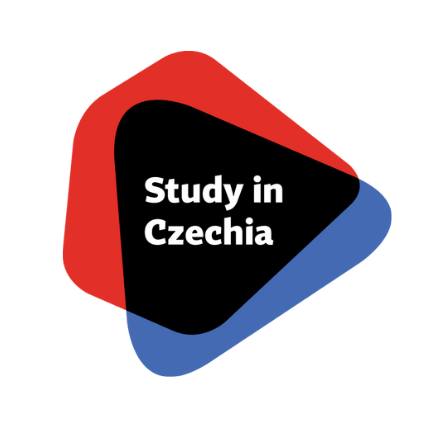Study Abroad
Study in Czech Republic
Lithuania is home to some of the Baltic region’s most prestigious universities, with a rich history of academic excellence and innovation. This strong educational tradition, rooted in centuries of scholarship and research, has positioned Lithuania as a prominent center for higher education in Europe, attracting students from around the world seeking high-quality academic programs and vibrant cultural experiences.

Programs and Their Duration in the Czech Republic
Here are the programs that Czech universities offer:
| Qualification | Duration | Optional Practical Training (OPT) |
|---|---|---|
| Undergraduate Degrees (such as BA, B.Sc., BEng) | 3-4 years | Up to 12 months |
| Master’s Degrees (such as MA, M.Sc., MBA) | 1.5-2 years | Up to 12 months |
| PhD Degrees (such as PhD) | 3-4 years | Up to 12 months |
This format highlights the typical duration of each program and the corresponding Optional Practical Training (OPT) period, which allows students to gain practical experience in the Czech Republic after completing their studies.
Cost of Living in the Czech Republic
The cost of living in the Czech Republic varies depending on the city and lifestyle. On average, students can expect to spend between €500 and €800 per month. Major cities like Prague and Brno may have slightly higher living expenses, while costs in smaller towns and rural areas are generally more affordable.
Academic Intake to Study in the Czech Republic
Colleges and universities in the Czech Republic typically offer two academic intakes each year, allowing students flexibility in planning their studies. The two intakes available in the Czech Republic are:
| Intake | Start Date |
|---|---|
| Fall Intake | September |
| Spring Intake | February |
This format highlights the start dates for each intake, helping students plan their applications and academic schedules effectively.
Top Universities in the Czech Republic
Here are some of the top universities for higher education in the Czech Republic:
| S.No. | Institution | QS Ranking 2024 (Globally) |
|---|---|---|
| 1 | Charles University | 287 |
| 2 | Czech Technical University in Prague (CTU) | 355 |
| 3 | Masaryk University | 371 |
| 4 | University of Economics, Prague (VŠE) | 451–500 |
| 5 | University of Pardubice | – |
| 6 | University of West Bohemia | – |
| 7 | Brno University of Technology (BUT) | – |
| 8 | University of Hradec Králové | – |
This list highlights some of the Czech Republic’s leading universities and their global rankings, demonstrating the country’s growing reputation in the international academic community.
Frequently Asked Questions (FAQs)
Most programs at Czech universities are offered in Czech, but many universities also provide a range of programs in English, especially at the postgraduate level. Be sure to check the language requirements for your chosen program.
The application process varies by university, but generally involves submitting an application form, academic transcripts, proof of language proficiency, and sometimes a personal statement or entrance exam. Check the specific requirements of the university and program you’re interested in.
Tuition fees for non-European Union (EU) students generally range from €2,000 to €10,000 per year, depending on the program and university. EU students often pay lower fees or may be eligible for subsidized tuition.
Yes, many Czech universities offer scholarships and financial aid to international students. Additionally, there are government and private scholarships available. Check the university's website and scholarship portals for more information.
Yes, many universities have partnerships with local businesses and organizations that offer internships and practical experience. Additionally, students can seek opportunities independently.







